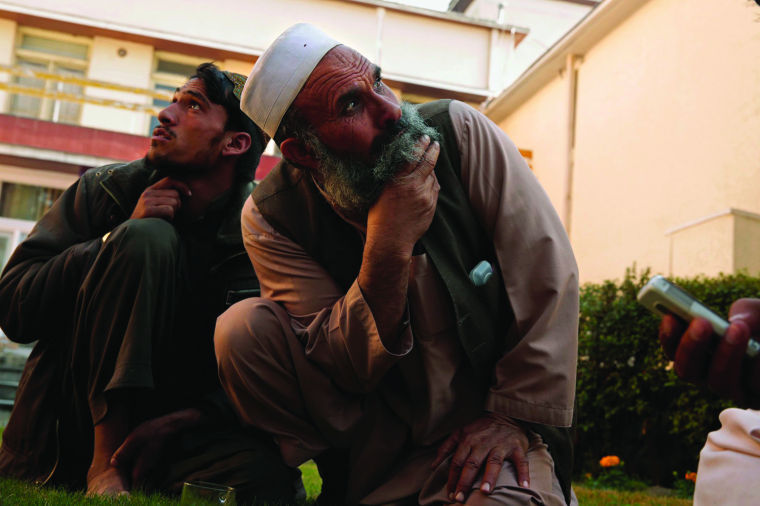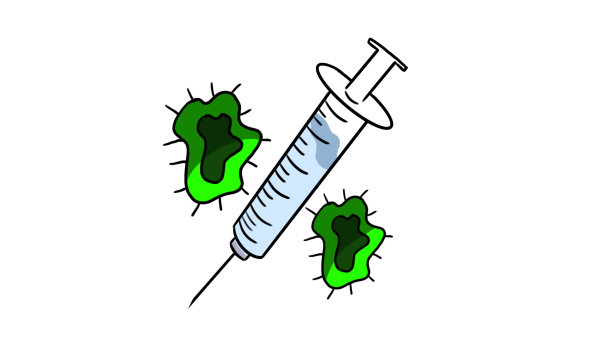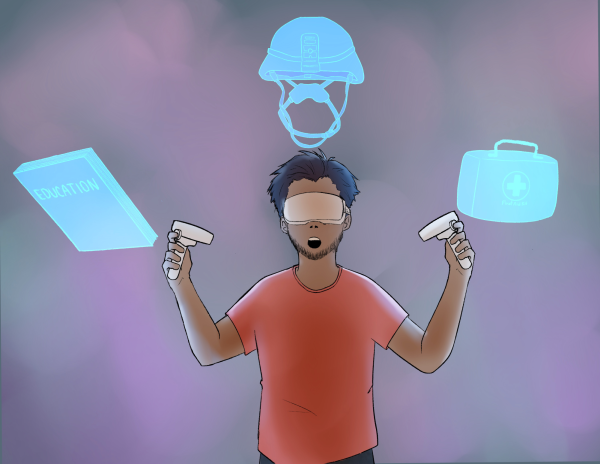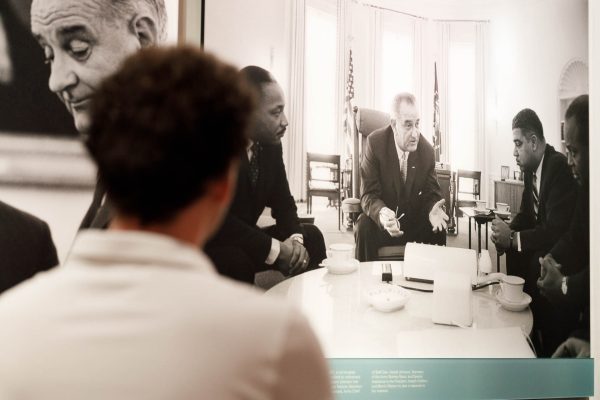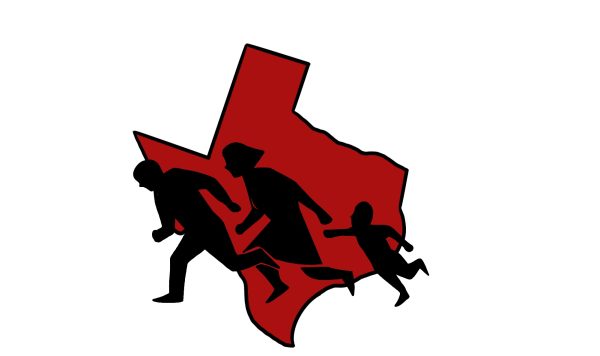Attacking suspected terrorists may ignite more anger at US
When the target of a drone attack is a citizen of a foreign country, the CIA is quick to implement a strike and to justify it.
When the target is an American citizen, however, the process is a bit more complicated.
Currently, the U.S. Justice Department is working to develop a case to carry out a drone attack against an American citizen who has joined the ranks of al-Qaida and is responsible for “deadly attacks against U.S. citizens overseas” that will continue if the government does not intervene.
Upon the government’s request, the Associated Press has not released the name of the country in which the American al-Qaida member currently resides, but U.S. officials say that the country “refuses U.S. military action on its soil.”
In May 2013, President Obama reformed his drone policy in response to strong opposition of the program. Under the current policy, only the military can use lethal force against “American suspected terrorists overseas.”
However, the president is authorized to make an exception on a “one time basis” and allow the CIA to implement a strike.
President Obama should not authorize the CIA to strike before the Justice Department organizes a case against the suspect.
By using the CIA to kill the American al-Qaida member, the president would undermine all of his policy changes and lose any credibility that the changes have earned him.
In his May 2013 speech regarding drone strikes, Obama stated that killing any U.S. citizen without due process is unconstitutional, except when the suspect is “actively plotting” to kill Americans, and the U.S. and its partners are unable to capture him or her. Because the drone program is classified under the CIA, we cannot be sure whether the American al-Qaida case falls into this category.
Most likely, the citizens and government of the country in which he or she resides would deny that it does.
Obama’s authorization of a drone strike would only anger the country where the suspect is, causing more foreign opposition and anger toward the U.S. The drone program itself generates enough anti-American sentiment.
Enforced to maintain the safety of the American people, the program also creates new potential threats. For example, during the federal court trial of Faisal Shahzad, the Pakistani-American responsible for the 2010 Times Square bombing, Shahzad stated that his actions resulted from the desire for vengeance against the United States government for its 2009 drone attack that killed the Pakistani Taliban leader Baitullah Mehsud.
According to Shahzad, the attack was also “payback … for (America’s) worldwide use of drone strikes.” Killing the American member of al-Qaida after Obama has just promised to limit and narrow drone usage would outrage terrorists similar to Shahzad.
An attack like this might instigate other al-Qaida members and foreign terrorist groups to plan future attacks on U.S. citizens. The president should wait until the Justice Department’s case is complete.
In the meantime, it is nearly impossible for the American suspect to carry out any more attacks, as a drone is constantly monitoring him, and the CIA is authorized to implement a strike if they find he is in the act of “plotting a lethal attack.”
Follow me on Twitter @HannahLieck


